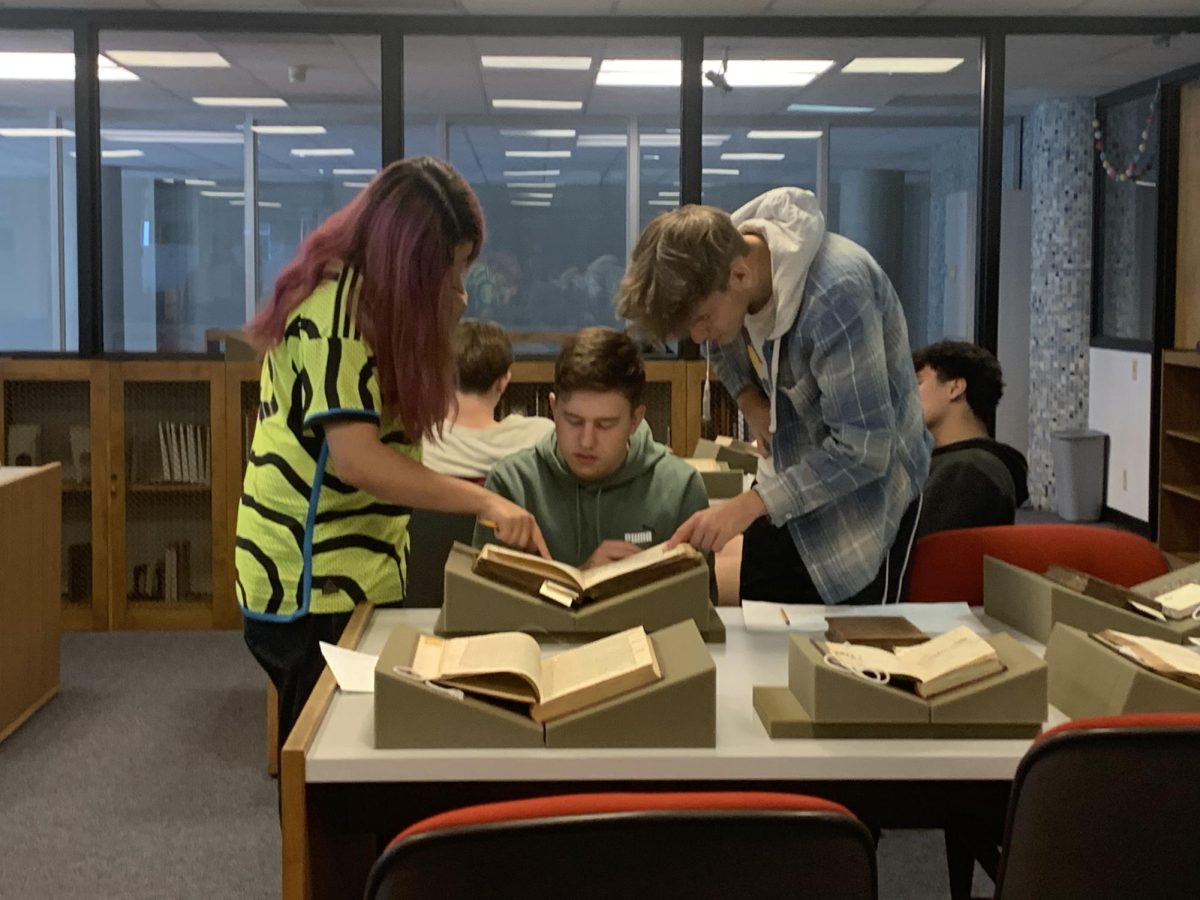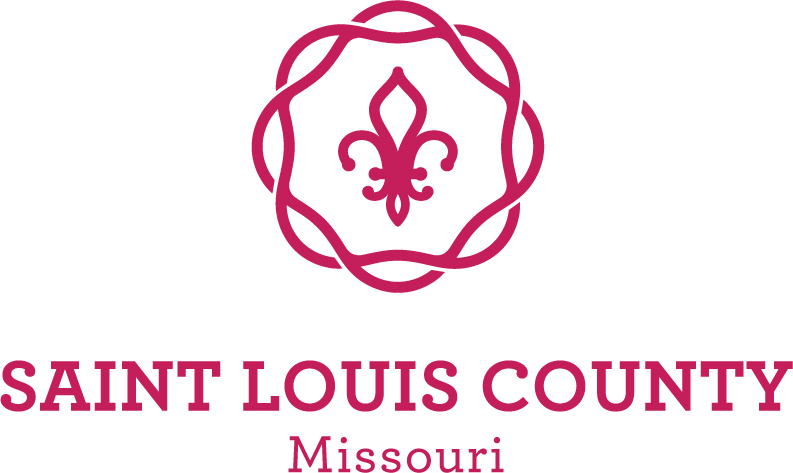The Mehlville Board of Education and Superintendent Terry Noble recently approved goals for the 2008-2009 school year.
The Mehlville Board of Education’s goals for the next school year are to:
Enable students to achieve at the highest level possible.
Enable staff to perform at the highest level possible.
Promote community interest and participation in the life of the Mehlville School District.
Serve as an advocate for public education at the local, state and national level.
Ensure fiscal responsibility in the management of district resources.
Initiate the shared vision — COMPASS plan — for the future of the Mehlville School District. That vision was developed in 2007 and 2008 through the district’s public-engagement program, COMPASS — Charting the Oakville-Mehlville Path to Advance Successful Schools.
Noble’s goals for the 2008-2009 school year are to:
Initiate the shared vision for the future for the Mehlville School District.
Create a platform for accelerating student achievement that builds upon the work of the previous administration.
Ensure effective management of district resources.
Included in Noble’s goals are several action items, strategies, resources and completion dates for each of his three goals.
Six of his seven action items for initiating that shared vision would require voters to approve a 37-cent tax-rate increase, which would restore the district’s tax rate to its 2006 level of $3.64 per $100 of assessed valuation.
Under Noble’s first goal of achieving the shared vision for the district’s future, one intended action item is to “eliminate the current budget deficit and restore the budget cuts in the textbooks, supplies and tutoring.”
His strategy to accomplish this is through the successful passage of Proposition T in the Nov. 4 election.
If approved, Prop T would transfer roughly 31 cents per $100 of assessed valuation from the district’s debt-service fund to the operating fund. The measure would generate roughly $5.6 million annually for the operating fund.
Prop T would not increase Mehlville’s overall tax rate, but would extend the district’s bonded indebtedness by 15 years — to 2029.
Another action item to help implement the district’s vision would be to provide “wireless, one-to-one technology for students.”
This would be accomplished by in the future persuading residents to approve a 37-cent operating-fund tax-rate increase.
Other action items to carry out the superintendent’s goal of implementing the school district’s shared vision would be attracting and retaining quality staff by boosting salaries to the top 25 percent of St. Louis County, adding full-day kindergarten and expanding the district’s early childhood program, providing adequate staffing for a number of areas, providing full video security and increasing the replacement cycle for buses by two per year.
All of these action items would require Mehlville residents to approve a 37-cent tax-rate increase.
Under Noble’s second goal of creating a platform for accelerating student achievement while building upon the previous administration’s work, the superintendent specifically proposes utilizing appropriate data in the decision-making process for curriculum and instruction. The strategy to achieve this would be to ensure that all principals are “properly trained in the collection, analysis and interpretation of test data.”
To accelerate student achievement, the superintendent also identifies an action item of focusing on the supervision of instruction “to ensure efficient and effective classroom instruction occurs.”
Strategies to achieve more effective instruction include providing principals with professional-development opportunities in the area of supervision of instruction, having the administration emphasize effectiveness of supervision of instruction in principals’ annual performance evaluations, providing principals with professional development in the area of development and revision of curriculum and ensuring principals “actively participate with teaching staff in professional-development opportunities.”
Noble also proposes increasing student achievement by incorporating “best practices and research tested and proven instructional methods into classroom instruction.”
The strategy to accomplish this would be to “provide teachers with professional-development opportunities that include ongoing and continuous analysis, reflection and growth, teacher collaboration and instructional dialogue.
The superintendent’s third overall goal of ensuring effective management of district resources details seven action items.
Noble proposes utilizing “zero-based budgeting” in the development of the district budget by developing a timeline for submission of budget requests to Chief Financial Officer Noel Knobloch.
He also proposes establishing district priorities by approving budget requests in accordance with budget priorities in the spring of 2009, providing appropriate professional-development opportunities for all staff by adopting a consistent model for professional development by June 2009, emphasizing supervision of instruction on all levels by evaluating supervisory staff on their ability to appropriately supervise instruction, prohibiting the practice of “spending down” balances by closing out individual line items at appropriate times beginning in January, incorporating “planned obsolescence” in the budget-development process by evaluating the appropriateness of each “line item/category/object” in terms of relevance and need and ensuring effective management of the annual budget by evaluating supervisory staff on the effectiveness in managing their respective budgets.








